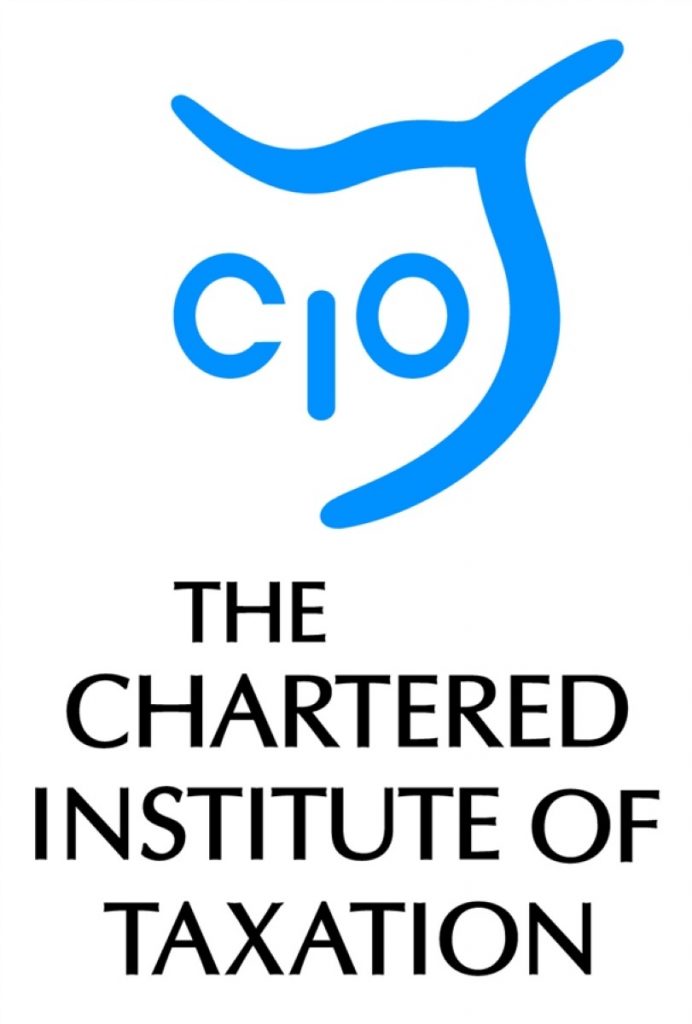CIOT: Tax advisers criticise ‘short-sighted’ cuts in tax paperwork
HM Revenue and Customs have announced that as part of the drive to save costs they plan to stop issuing copies to tax agents of some mail which is sent to their clients.
While supportive of the need to make cuts in Government spending, the CIOT is extremely concerned that this measure will result in far more additional work for HMRC, taxpayers and their agents and potentially lead to additional costs in excess of the amounts saved.
CIOT Deputy President Anthony Thomas said:
“This is a seriously short-sighted move from the Revenue.
“Everybody recognises that there is pressure on all government departments to find savings wherever they can. But by keeping tax agents less well-informed about their clients’ tax obligations HMRC are likely to find they lose more money than they save.
“HMRC estimate that not sending copies of PAYE coding notices (P2s) and tax calculations (P800s) will save them £1.25 million. But they have not estimated the cost of dealing with an increased number of enquiries from agents, let alone that of dealing with the higher number of erroneous tax returns which is likely to result.
“It is particularly disappointing that this change is being sprung on taxpayers and their agents with more or less immediate effect and without consultation.
“We are calling on HMRC to reverse this short-sighted decision or at least halt it for proper consultation.
“If they are set on proceeding, then much more effort will need to be put into telling all taxpayers about the changes. At the moment all that is planned is a message on letters from HMRC to taxpayers, but if the taxpayer doesn’t read letters obviously from HMRC (which is not uncommon, on the basis that they leave that to their agent) they will not see the message on the letter telling them to show it to their agent.
“Given that the vast majority of the costs involved in sending this information to agents come from paper, printing and postage, a consultation could also look at whether sending the information by email offers a possible cheaper alternative to sending it by post.”
Notes to Editors
1. The Chartered Institute of Taxation (CIOT) is a charity and the leading professional body in the United Kingdom concerned solely with taxation. The CIOT’s primary purpose is to promote education and study of the administration and practice of taxation. One of the key aims is to achieve a better, more efficient, tax system for all affected by it – taxpayers, advisers and the authorities.
The CIOT’s comments and recommendations on tax issues are made solely in order to achieve its primary purpose: it is politically neutral in its work. The CIOT will seek to draw on its members’ experience in private practice, government, commerce and industry and academia to argue and explain how public policy objectives (to the extent that these are clearly stated or can be discerned) can most effectively be achieved.
The CIOT’s 15,000 members have the practising title of ‘Chartered Tax Adviser’ and the designatory letters ‘CTA’.
– ENDS –
George Crozier
External Relations Manager
D: +44 (0)20 7340 0569
M: +44 (0)7740 477374
The Chartered Institute of Taxation
www.tax.org.uk
Low Incomes Tax Reform Group
www.litrg.org.uk
The Association of Taxation Technicians
www.att.org.uk
1st Floor, Artillery House, 11-19 Artillery Row, London SW1P 1RT





-01.png)